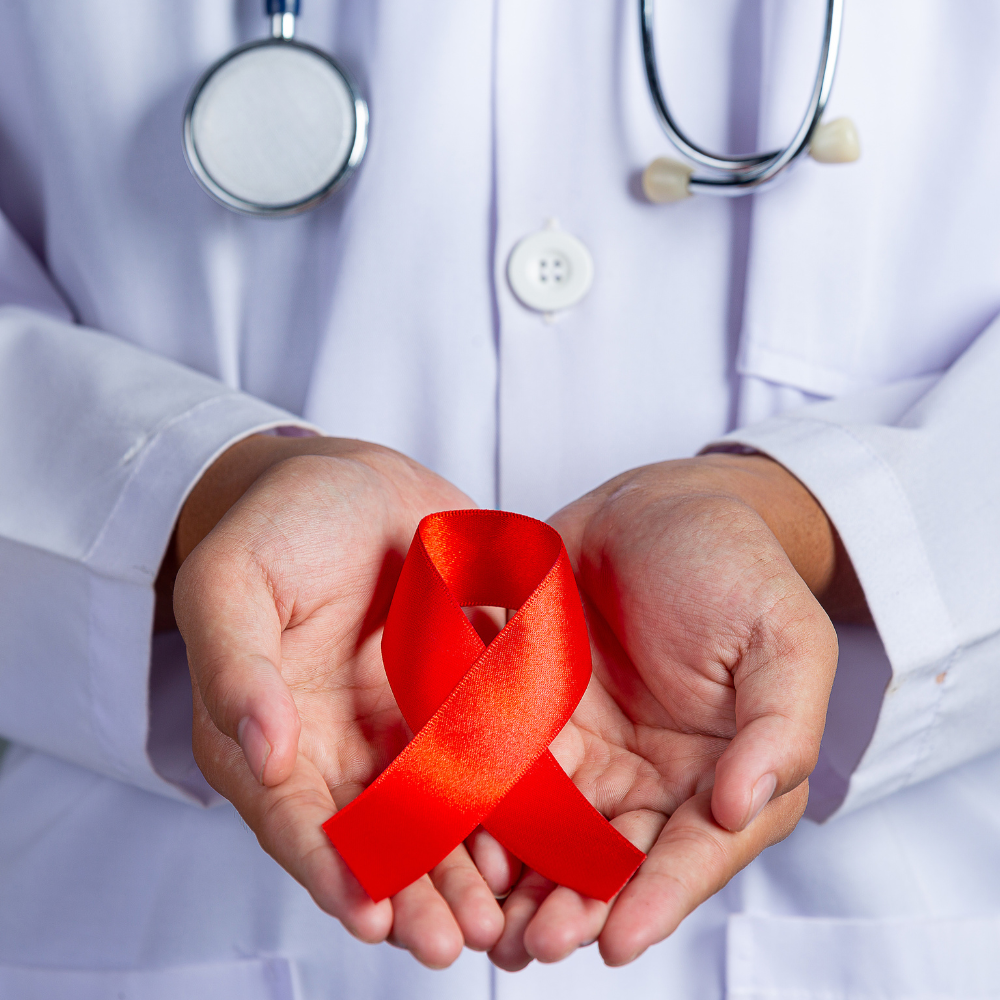
Johnson & Johnson has decided to discontinue its HIV vaccine after failing to produce significant outcomes from the phase III trial. According to Johnson & Johnson, the HIV vaccine failed to prevent the transmission of HIV infection and has thus failed in the phase III trial. Janssen Pharmaceutical, a Belgium-located company owned completely by Johnson & Johnson, was developing the vaccine against HIV, named the Mosaico HIV Vaccine. If the Mosaico HIV Vaccine would have succeeded in the Phase III trial, it could have been the first vaccine against HIV infection. The Phase III trial of the Mosaico HIV vaccine showed that, although the vaccine was safe for administration in humans, it was unable to prevent the transmission of HIV, as decided by the Data and Safety Monitoring Board (DSMB). HIV or the human immunodeficiency virus is the causing agent of AIDS or Acquired immunodeficiency syndrome, which has a prevalence of around 40 million globally. Further process of documenting the findings as per DSMB and addressing the participants in the study is ongoing as said by the company.
The Phase III trial of the Mosaico HIV Vaccine started in 2019 and was concluded in October 2022. Around 3,900 cisgender men and transgender people who have intercourse with cisgender men and/or transgender people were included in the Phase III trial for Janssen’s investigational vaccine Mosaico. These people belonged to various age groups and populations belonging to the 50 distinct sites of clinical trials from countries like Argentina, Brazil, Italy, Mexico, Peru, Poland, Puerto Rico, Spain, and the United States. This was to make sure that the study included maximum variations in terms of race and sexual preferences.
According to Janssen, the vaccine included a mosaic-based adenovirus serotype 26 vector as the active ingredient which also gave the vaccine its name Mosaico. This was administered to the participants of Phase III clinical trial over four vaccinations throughout the first year. During the third and fourth visits, the participants were also administered a mixture of soluble proteins. After a year of vaccination, the participants were then exposed to thorough studies to understand the effect of vaccines under the Data and Safety Monitoring Board. DSMB found that the vaccine is ineffective in protecting the participants from the transmission of HIV. However, the vaccine reported no issues related to the safety of participants. Janssen announced that because of these results, the study will be discontinued until further analysis of data.
Janssen had partnered with many national organizations such as the National Institute of Allergy and Infectious Diseases (NIAID), part of the National Institutes of Health (NIH), the HIV Vaccine Trials Network (HVTN), and the U.S. Army Medical Research and Development Command. Johnson & Johnson has been actively working on containing HIV infection. The development of a vaccine against HIV infection was a part of these efforts. Penny Heaton, M.D., Global Therapeutic Area Head of Janssen Research & Development, said that the company is disappointed with the results of this Phase III trial. She further added that despite many advances during the pandemic, HIV still showed a significant rise in the number of new patients, which is concerning for global health.



